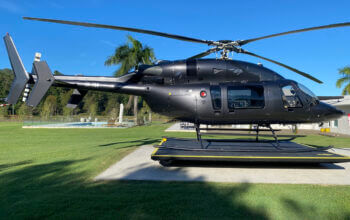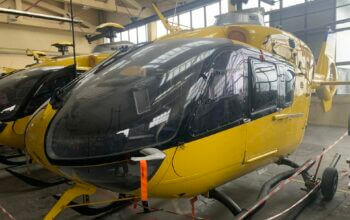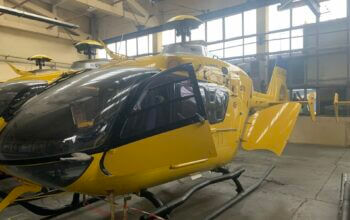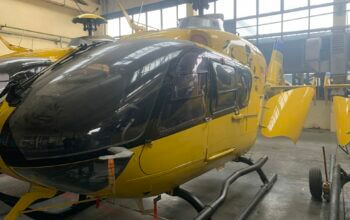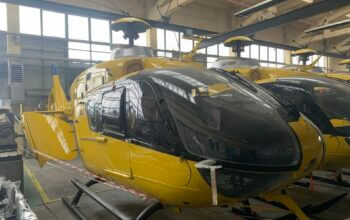Estimated reading time 4 minutes, 40 seconds.
Canada has laid out its requirements for the acquisition of 18 Boeing F/A-18 Super Hornets to fill an interim gap in its ability to meet North American and international defence obligations.
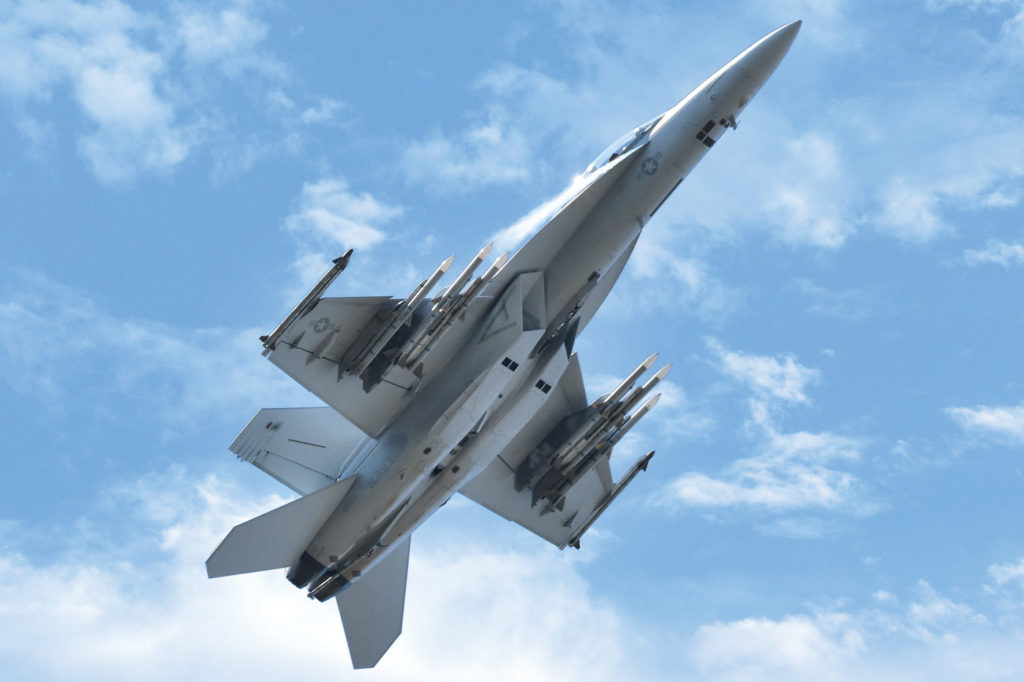
Earlier this week, Ottawa provided the United States government with a formal letter outlining its requirements for capabilities, cost, schedule and economic benefits to Canadian industry. A response is expected by the fall once Washington completes negotiations with Boeing and receives Congressional approval for a foreign military sale (FMS).
The Liberal government in November announced the potential procurement of an interim fleet of fighter jets to address an availability shortfall to simultaneously perform both NATO and NORAD operations. The Super Hornets would supplement the Royal Canadian Air Force’s (RCAF) fleet of 76 legacy Hornets. Government and defence officials have since met regularly with U.S. government and Boeing officials to work out details of a possible sole-source deal.
At the same time, the Liberals indicated they would launch an open and transparent competition to replace the legacy CF-188 fleet by the end of 2019.
The formal letter of request “is an important step” in the process, said Judy Foote, Minister of Public Services and Procurement, and the Super Hornets “should address the interim needs of the Canadian Armed Forces until the permanent replacement fleet is in place and operational.”
Harjit Sajjan, Minister of National Defence, signalled that the purchase is not a done deal, saying the government would “assess whether an interim Super Hornet fleet purchase will help ensure Canada remains a credible and dependable ally” once the U.S. response is delivered.
If it does meet Canada’s requirements, formal negotiations on a contract for the sale of the aircraft and associated in-service support could begin by late 2017 or early 2018.
Dan Gillian, Boeing’s vice-president for the F/A-18 program, said in a recent briefing the standard lead time for delivery is around 30 months, but Boeing would work with the Canadian government to meet its requirements. The delivery schedule would also be informed, in part, by the capabilities and configuration selected by the RCAF.
Roberto Valla, Boeing’s vice president of global sales for Canada, said that while the Canadian configuration must still be determined, “[the government is] looking for trades between…make sure you have rubber on the ramp as soon as possible and, at the same time, deliver certain capabilities.”
The government also confirmed its intent to seek industrial and technological benefits (ITBs) equal to 100 per cent of the contract’s value. Navdeep Bains, Minister of Innovation, Science and Economic Development, said in a statement ITB obligations would help grow the aerospace and defence sectors, support innovation, increase export opportunities, and create high-value jobs. The department will start formal discussions with potential suppliers while the government awaits a US response.
Boeing has a Canadian supplier base of over 560 companies and a commercial aircraft program of 270 in service and over 150 on order on which to support its military ITB obligations. It has also completed $6.7 billion in ITB commitments for CC-177 Globemaster III transport aircraft and other programs. Valla said the in-service support contract would likely be a hybrid between FMS and direct deals with Canadian industry.
Canada’s aerospace sector is already a significant participant in the Lockheed Martin F-35 Joint Strike Fighter program; over 70 companies have earned more than $800 million in contracts during the development phase of the program.
